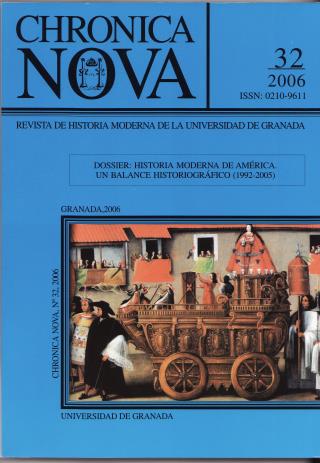Early Modern autobiography between history and literature
DOI:
https://doi.org/10.30827/cn.v0i32.1757Keywords:
Autobiography, History, Literature, Discipline, Individualism, Subjectivity, Interdisciplinarity, Ego-documents, Sources, Jacob Burckhardt, Genres, Author, Context, Jean-Jacques, Rousseau, Biography, Miquel Parets, Barcelona, Philippe LejeuneAbstract
This article examines some of the ways in which diverse disciplinary perspectives within the humanities have shaped recent interpretations of early modern autobiography. It focuses in particular on how historians and literary scholars vary in their approaches to the study of autobiographical writing. Four differences are identified as especially important: the definition of autobiography, emphasis on authorial identity and context as keys to understanding texts, judgments regarding literary quality as a condition for research, and degree of attachment to a Burckhardtian framework which sees autobiography as an especially visible expression of modern individualism. It then closes by urging a bit of caution in regard to future interdisciplinary work on this intriguing subjectDownloads
Downloads
Published
How to Cite
Issue
Section
License
Nuestra revista se atiene a las recomendaciones para la implementación del Artículo 37 Difusión en Acceso Abierto de la Ley de la Ciencia, la Tecnología y la Innovación:
- Los/as autores/as cuyas contribuciones sean aceptadas para su publicación en esta revista conservarán el derecho no exclusivo de utilizar sus contribuciones con fines académicos, de investigación y educativos, incluyendo el auto-archivo o depósito de los artículos aceptados en repositorios institucionales o temáticos de acceso abierto de cualquier tipo en un plazo máximo de seis meses.
- Preferiblemente se permitirá el uso de la versión publicada de las contribuciones científicas, que estarán accesibles en abierto tan pronto como sea posible.
-
Que en caso de que el trabajo sea aprobado para su publicación, el/la autor/a autoriza de manera ilimitada en el tiempo a la entidad editora para que incluya dicho texto en Chronica Nova y pueda reproducirlo, editarlo, distribuirlo, exhibirlo y comunicarlo en el país y en el extranjero por medios impresos, electrónicos, CD, Internet o cualquier otro medio conocido o por conocer.






 ISSN-e: 2445-1908
ISSN-e: 2445-1908










